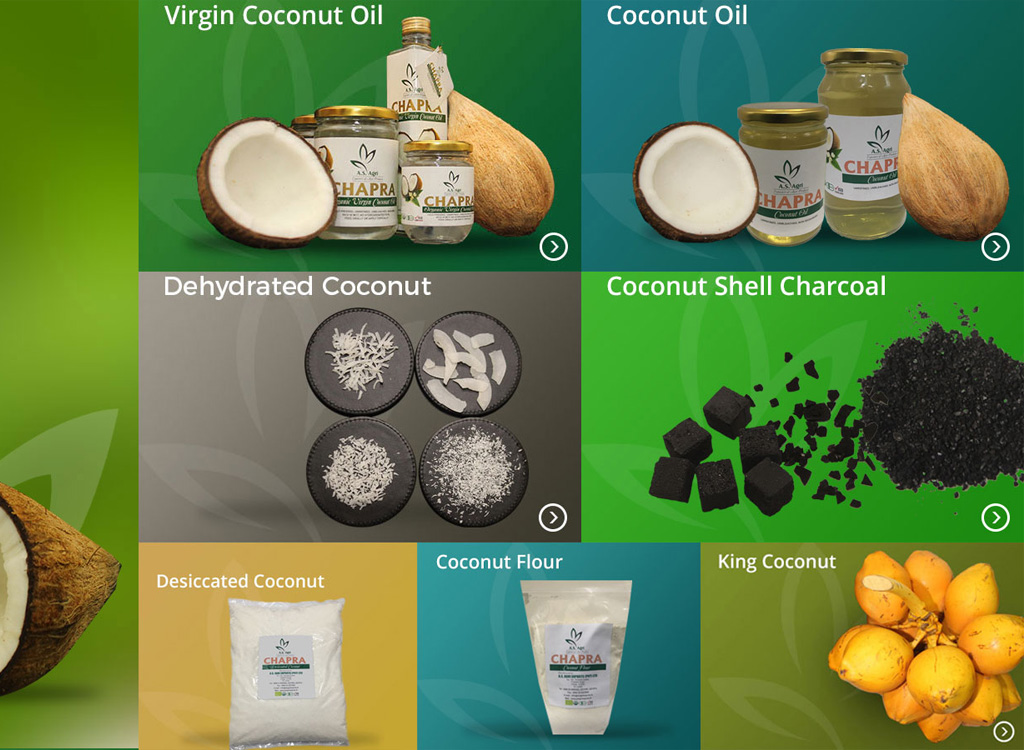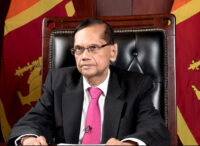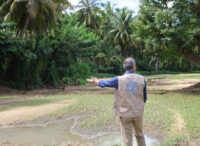Sri Lanka’s coconut product exporters are watching the upcoming national budget closely, hoping for relief measures and policy corrections to address industry concerns.
Despite impressive growth last year — a 21% increase in export revenue, reaching US$855 million — the sector aims to exceed US$1 billion in exports this year.
However, according to Neomal Perera, Chairman of the Desiccated Coconut Millers’ Association, the introduction of the new Wholesale and Export Tax (WET) system has disrupted the cash flow of many traditional exporters.
He warned that the removal of the S-VAT facility is severely impacting coconut-based product manufacturers, potentially undermining the industry’s goal of surpassing the billion-dollar mark.
Perera emphasized that exporters are not opposed to paying taxes but urged the government to retain key export incentives to protect the country’s traditional industries.
Without such measures, he cautioned, export volumes may decline in the coming months.
Adding to the list of concerns is the government’s failure to adopt the ASEAN duty structure, which exporters believe would significantly improve market access to ASEAN countries.
“Sri Lanka already enjoys a logistical advantage due to the availability of empty containers heading east,” Perera noted, suggesting that adopting the ASEAN tariff framework could help local exporters compete with Malaysia, Indonesia, and Vietnam in the regional market.
He also pointed out that no new trade agreements have been signed in recent years, and the competitiveness of Sri Lankan products now relies solely on pricing rather than policy support.
Perera also criticized the Coconut Research Institute (CRI) for inadequate attention to research and development, particularly in tackling diseases affecting coconut trees and improving productivity per palm.
He stressed that with higher yields, the coconut industry could potentially surpass tea exports in dollar earnings, given the existing manufacturing capacity.
He further expressed disappointment over the government’s failure to distribute fertilizer donations from Russia, describing it as another example of policy inaction that hampers the agricultural and trade sectors.











Leave a comment